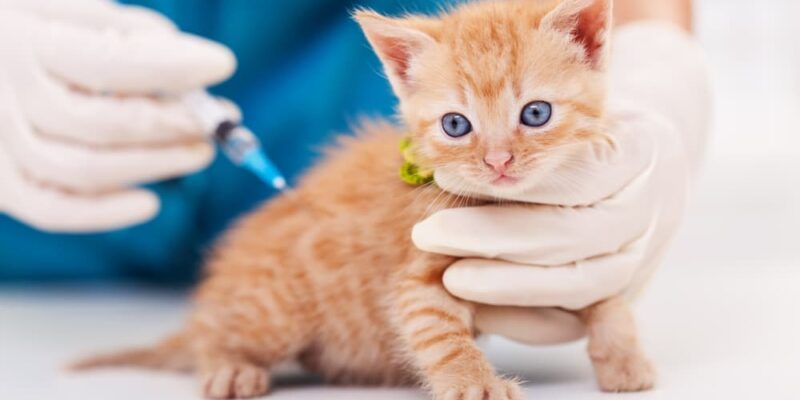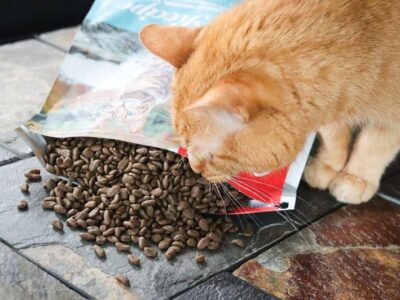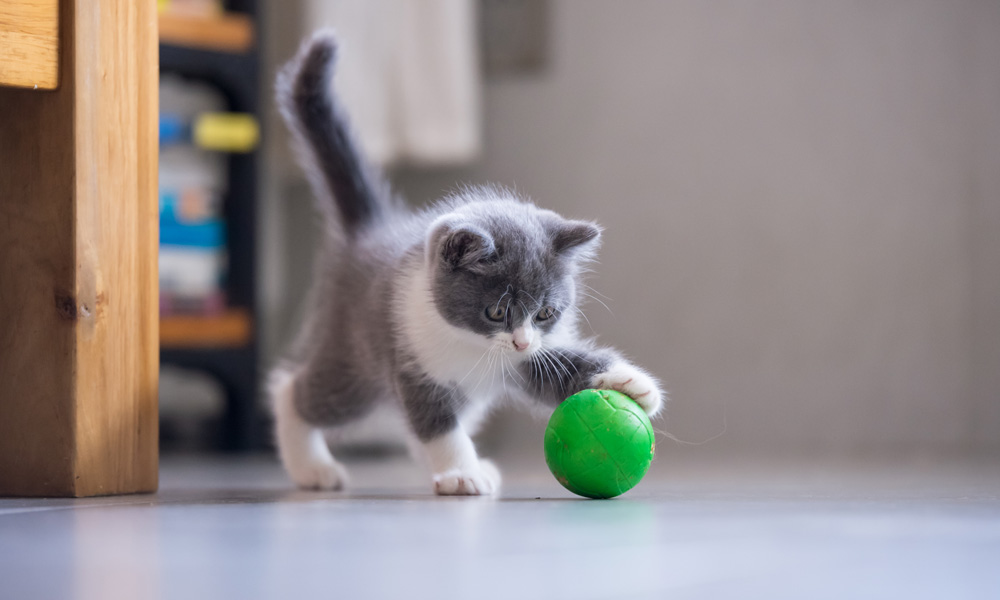Proper cat vaccination is one of the most critical aspects of keeping a feline healthy. Vaccinations protect cats from a variety of potentially deadly diseases, ensuring a long, healthy life for your beloved pet. Let’s explore the essential vaccines every cat should receive to remain safeguarded from common feline ailments.
Core Vaccines: The Must-Have Protection
The core vaccines are recommended for all cats, regardless of their lifestyle. These vaccines provide immunity against diseases that are widespread, highly contagious, and often fatal.
-
Feline Panleukopenia (FPV):
Also known as feline distemper, FPV is a highly contagious viral disease. This vaccine is crucial for preventing this deadly infection, especially in young kittens.
-
Feline Calicivirus (FCV):
Calicivirus is a primary cause of upper respiratory infections in cats. Vaccination can reduce the severity of symptoms and the chance of transmission, particularly in multi-cat households.
-
Feline Herpesvirus (FHV-1):
Herpesvirus, also called feline viral rhinotracheitis, causes upper respiratory issues. The vaccine minimizes the risk of chronic respiratory problems, especially when administered early in a kitten’s life.
-
Rabies Vaccine:
Rabies is a fatal virus that affects mammals, including humans. It’s not only essential for your cat’s health but also required by law in many regions. This vaccine should never be overlooked, as rabies prevention is key for both the pet’s and the owner’s safety.
Non-Core Vaccines: Tailored to Your Cat’s Lifestyle
Non-core vaccines are optional but recommended based on the cat’s environment and risk factors.
-
Feline Leukemia Virus (FeLV):
For outdoor cats or those exposed to other cats, FeLV is a significant risk. It suppresses the immune system, making cats vulnerable to other infections. Indoor-only cats may not require this vaccine, but it’s recommended for those who are frequently in contact with other cats.
-
Bordetella:
Bordetella bronchiseptica, a common cause of respiratory illness in cats, is more frequent in shelters and multi-cat households. Vaccination is particularly beneficial in these environments.
-
Chlamydia:
Chlamydia can cause conjunctivitis and respiratory problems in cats. Vaccinating is helpful in areas with high infection rates or if your cat is frequently exposed to other felines.
Regular Boosters for Continued Protection
Vaccination is not a one-time process. Regular booster shots are essential to ensure your cat’s continued immunity against these diseases. Discuss the appropriate schedule with your veterinarian, as some vaccines require yearly boosters, while others may last several years.
In Conclusion
Cat vaccination is a vital component of feline healthcare. By staying proactive and ensuring your cat receives all the necessary shots, you’ll protect them from life-threatening diseases and ensure they enjoy a long, healthy life. Always consult with your veterinarian to tailor a vaccination plan that fits your cat’s unique needs.













Comments